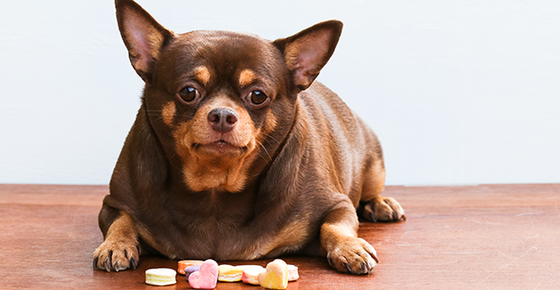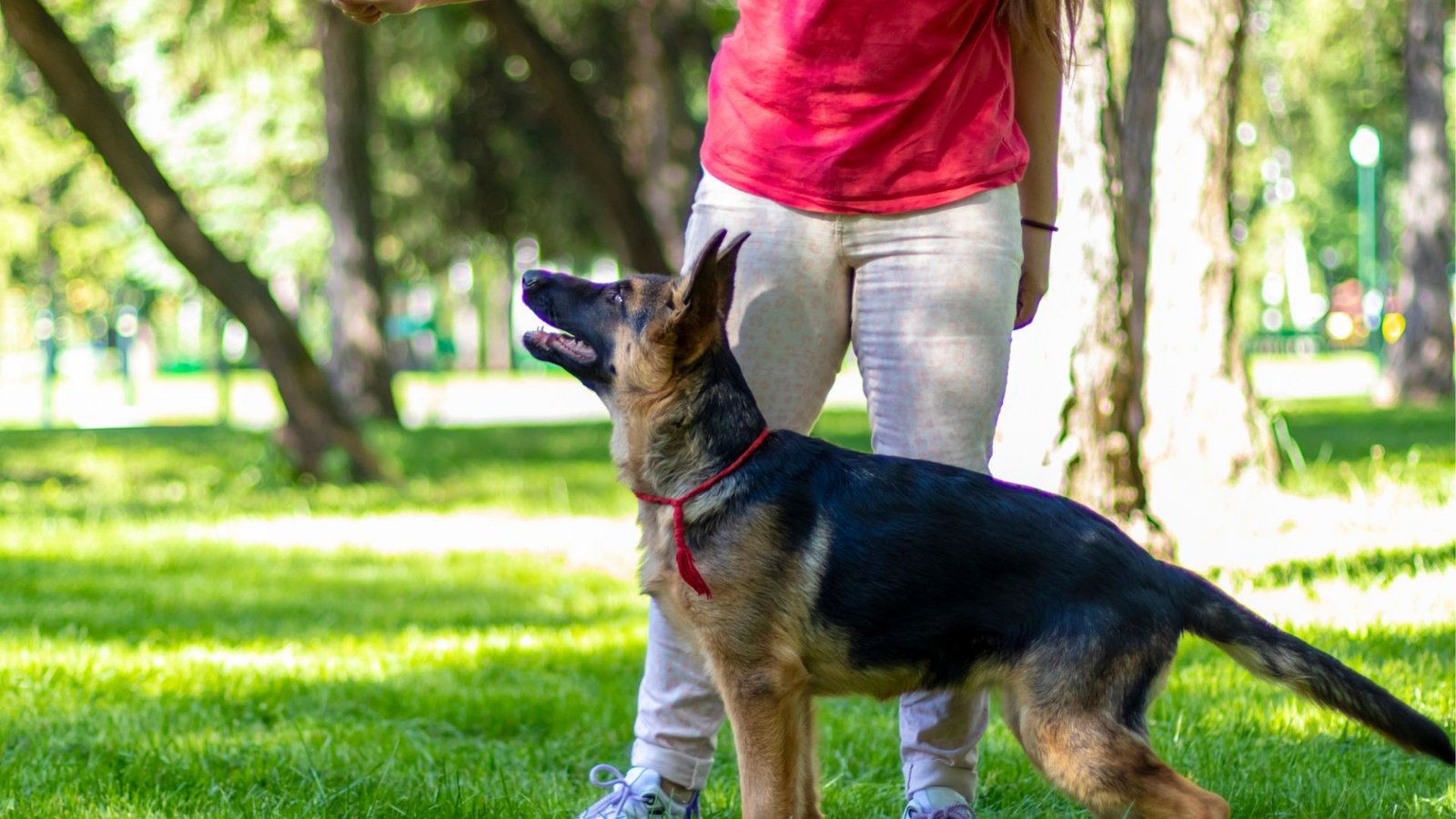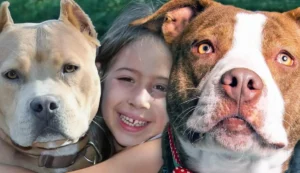How to Identify and Address Anxiety in Your Chihuahua
Chihuahuas are known for their big personalities in tiny bodies, but like any dog, they can experience anxiety. Recognizing the signs of stress in your Chihuahua and knowing how to address it can ensure their well-being and happiness.
Signs of Anxiety in Chihuahuas
Chihuahuas often express anxiety in subtle and not-so-subtle ways. Some common signs include:
- Excessive Barking
Anxiety may manifest as persistent barking, especially when they feel threatened or separated from their owner. - Destructive Behavior
Chewing furniture, digging, or other destructive actions can be signs of underlying stress or boredom. - Shaking or Trembling
While Chihuahuas often shake due to their small size and high metabolism, trembling without a clear cause could indicate fear or anxiety. - Hiding or Avoidance
If your Chihuahua frequently hides under furniture or avoids people, it may be a sign of fear or discomfort. - Excessive Licking or Grooming
An anxious Chihuahua might repeatedly lick their paws or body as a self-soothing behavior. - Changes in Appetite
Anxiety can cause a decrease or increase in appetite. Watch for sudden changes in eating habits.
Common Causes of Anxiety in Chihuahuas
1. Separation Anxiety
Chihuahuas are deeply attached to their owners and can become distressed when left alone.
2. Loud Noises
Thunderstorms, fireworks, or even loud household noises can trigger fear.
3. Changes in Environment
Moving to a new home or introducing new pets can disrupt their sense of security.
4. Lack of Socialization
Anxiety may arise from unfamiliar people, pets, or situations if they weren’t socialized early.
5. Past Trauma
Chihuahuas adopted from shelters or rescue organizations might have anxiety due to previous negative experiences.

Strategies to Address Anxiety in Chihuahuas
1. Create a Safe Space
Designate a quiet area in your home where your Chihuahua can retreat when feeling anxious. Include a comfy bed, favorite toys, and perhaps an item with your scent.
2. Establish a Routine
Consistency is calming for dogs. Regular feeding times, walks, and play sessions can provide a sense of stability.
3. Gradual Exposure
If your Chihuahua is afraid of certain stimuli, such as strangers or loud sounds, gradually expose them to these triggers in a controlled and positive way.
4. Use Calming Products
Consider using products like anxiety vests, calming sprays, or dog pheromone diffusers to help soothe your pet.
5. Provide Physical and Mental Stimulation
Engaging activities like puzzle toys, fetch, and regular walks can reduce anxiety by tiring your Chihuahua both mentally and physically.
6. Practice Desensitization for Separation Anxiety
Start by leaving your Chihuahua alone for short periods and gradually increase the time. Always reward calm behavior upon your return.
7. Avoid Reinforcing Fear
If your Chihuahua exhibits anxious behavior, try not to overly coddle or comfort them. Instead, stay calm and redirect their focus to something positive.
8. Seek Professional Help
If anxiety persists, consult a veterinarian or professional dog behaviorist. In severe cases, medication may be recommended.
Preventing Anxiety in Chihuahuas
- Early Socialization
Introduce your Chihuahua to various people, pets, and environments while they’re young to build confidence. - Positive Reinforcement
Reward calm and positive behaviors with treats and praise. - Regular Exercise
Chihuahuas are small but energetic. Daily walks and playtime are crucial for their physical and emotional health. - Avoid Sudden Changes
Whenever possible, introduce changes to their routine or environment gradually to reduce stress.
When to Consult a Veterinarian
If your Chihuahua’s anxiety symptoms worsen or interfere with their quality of life, seek professional guidance. Conditions like chronic shaking, severe aggression, or prolonged lack of appetite may indicate more serious issues that require medical intervention.
Conclusion
Anxiety in Chihuahuas is manageable with patience, understanding, and the right strategies. By recognizing the signs and addressing the root causes, you can help your furry friend feel safe, secure, and loved. Remember, every Chihuahua is unique, so finding the right approach may take some time, but the rewards are well worth it.








